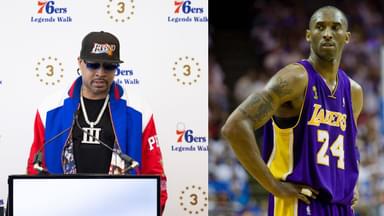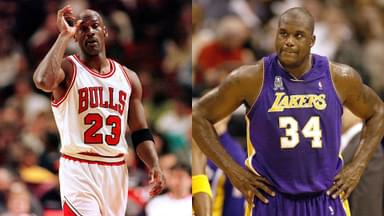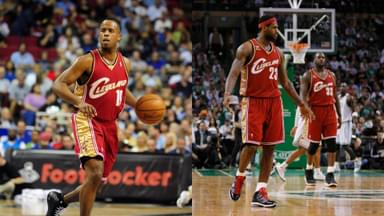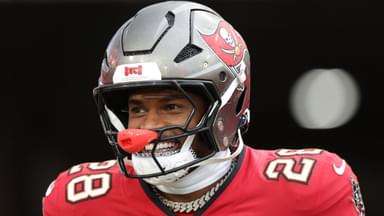Shaquille O’Neal and Kobe Bryant were famous for their mutual dislike of each other during their threepeat in LA. Their relationship once soured to where Shaq even put in a trade request late in 2000. However, then-general manager, Mitch Kupchak, overlooked this request, believing that O’Neal was acting out of emotion rather than reason.
Advertisement
Jeff Pearlman detailed this incident in his 2020 memoir, ‘Three-Ring Circus’. The drama unfolded after the Lakers’ 115-78 road win against the Phoenix Suns on 29th December 2000. The team’s dynamics were shifting at this point. Bryant overshadowed the then-reigning MVP Shaq to position himself as the franchise’s talismanic figure.
This game was a reflection of it. Even though Bryant played two fewer minutes than ‘The Diesel’, he took the most shots of anyone on the court (19). He shot a remarkable 63.2% from the field and left the America West Arena with a game-high 38 points.
In contrast, Shaq had a tough time finding his rhythm that night. He went 7-14 from the field and 4-9 from the free throw line to end the game with 18 points. Although he made up for his offensive struggles with a strong defensive performance, it wasn’t enough to shift the spotlight to him.
The post-game talks expectedly circled Bryant’s heroics, with discussions about how the franchise’s offensive strategies should start gearing gradually toward ‘The Black Mamba.’ This change frustrated Shaq, who approached Kupchak with a trade request. The latter immediately understood the underlying reasons for his annoyance and refused to act on the request.
Pearlman reflected on the entire incident in his book, recalling,
“In late December, after a game against the Suns in which Kobe scored 38 points and Shaq struggled to get 18, O’Neal told general manager Mitch Kupchak and me that he wanted to be traded. Kupchak, who had replaced Jerry West after West had resigned unexpectedly over the summer, didn’t take the request seriously. Mitch believed that Shaq was simply expressing his frustration with Kobe’s attempts to hijack the offense.”
What followed redefined history. Shaq quickly found his groove. He led the league in field goal percentage with 57.2% to end the regular season with 28.7 points, 12.7 rebounds, and 2.8 blocks per game. Meanwhile, Bryant continued his strong early-season form to average his then-career-high 28.5 points per game.
The duo continued their impressive performances into the playoffs. In the 2001 NBA Finals, they thoroughly dominated the Philadelphia 76ers to clinch their second consecutive championship. Shaq also reclaimed his spot at the mountaintop after earning another Finals MVP award.
The duo would do it again the following year. They swept the New Jersey Nets 4-0 in the 2002 NBA Finals to become only the second franchise to achieve a three-peat. More than two decades later, no team has achieved such a feat again.
It’s an understatement to say that Kupchak’s rational thinking and firm decision-making saved the Lakers a fortune. Throughout the three-peat journey, he was an unsung hero. He worked behind the scenes to keep the core intact and is undoubtedly one of the best GMs the Lakers have had.








